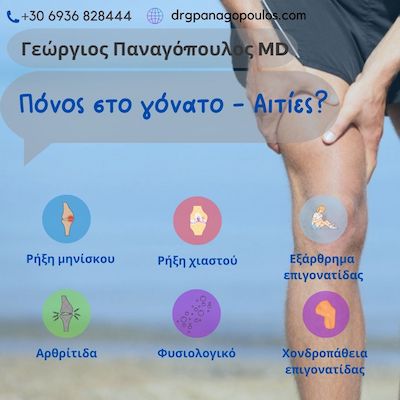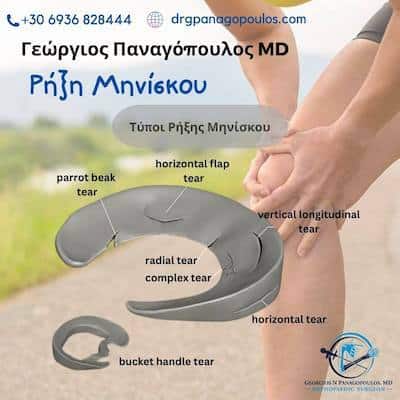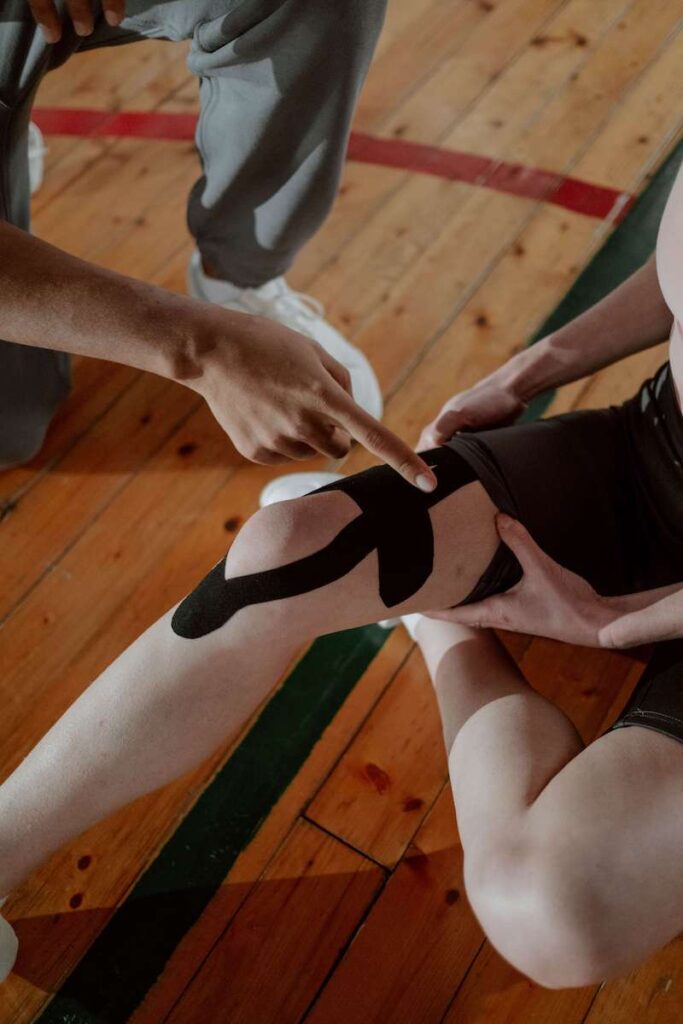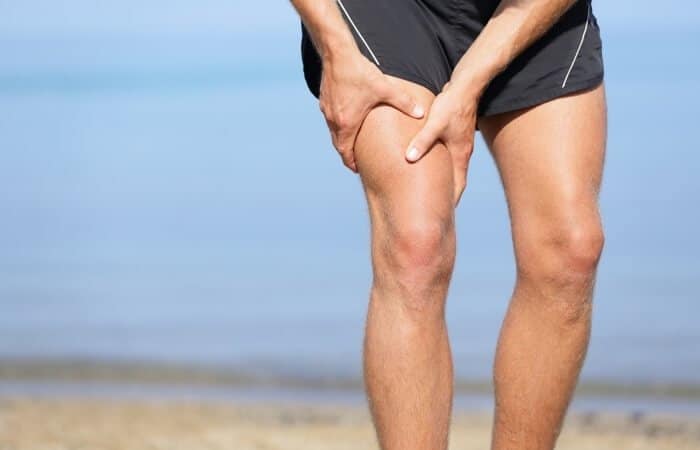The knee is a complex and strong joint. An audible crack or pop in the knee is not always harmful. An air bubble within the knee joint can form from time to time. Eventually, this bubble pops, which is painless, harmless, and is just like cracking your knuckles. However, a knee pop in conjunction with a traumatic event, may indicate a ligament, cartilage or meniscal tear.
Table of contents
Understanding the Knee Pop
A “Knee Pop” is a term commonly used to describe a sensation that occurs in the knee joint during movement. The sensation is often described as a popping or clicking sound and can occur during various activities, such as walking, running, or climbing stairs. While it is not always a cause for concern, it can sometimes indicate an underlying problem with the knee joint.
Causes of a “Knee Pop”
There are several potential causes of “Knee Pop”. Some common causes include:
1. Meniscal Tears: The meniscus is a C-shaped piece of cartilage that acts as a cushion between the thigh bone and the shin bone. Tears in the meniscus can cause a popping or clicking sensation in the knee joint.
2. Ligament Injuries: Ligaments are tough bands of tissue that connect bones to each other. Injuries to the ligaments in the knee, such as the anterior cruciate ligament (ACL), can cause a popping or clicking sensation.
3. Arthritis: Arthritis is a condition that causes inflammation and damage to the joints. It can cause a popping or clicking sensation in the knee joint, particularly during movement.
4. Patellar Tracking Disorder: The patella, or kneecap, is a small bone that sits in front of the knee joint. In some cases, the patella can become misaligned and cause a popping or clicking sensation.


Treatment Options
The treatment for a “Knee Pop” will depend on the underlying cause of the sensation. Some treatment options include:
1. Rest and Ice: Resting the knee and applying ice can help reduce inflammation and alleviate pain.
2. Physical Therapy: Physical therapy can help strengthen the muscles around the knee joint, improving stability and reducing the risk of further injury.
3. Medications: Over-the-counter pain medications, such as ibuprofen, can help reduce pain and inflammation.
4. Surgery: In some cases, surgery may be necessary to repair damage to the knee joint. The most common procedure is knee arthroscopy.

Prevention Tips
There are several steps you can take to help prevent a “Knee Pop”. Some tips include:
1. Warming Up : Before engaging in physical activity, it is important to warm up properly. This can help prepare your muscles and joints for the activity ahead.
2. Using Proper Form: Using proper form during physical activity can help reduce the risk of injury and strain on the knee joint.
3. Wearing Supportive Footwear : Wearing supportive footwear can help absorb shock and reduce stress on the knee joint.
4. Maintaining a Healthy Weight : Maintaining a healthy weight can help reduce the risk of developing knee problems, as excess weight can put additional stress on the knee joint.
Conclusion
In summary, “Knee Pop” can be a concerning symptom, particularly if it is accompanied by pain or swelling. While it can sometimes be harmless, it can also indicate an underlying problem with the knee joint. If you are experiencing a “Knee Pop”, it is important to speak with a healthcare provider for proper diagnosis and treatment. By following the prevention tips mentioned above, you can help reduce your risk of developing knee problems and keep your joints healthy and pain-free.
FAQs - Frequently Asked Questions
Is a knee pop normal?
An audible crack or pop in the knee is not always harmful. An air bubble within the knee joint can form from time to time. Eventually, this bubble pops, which is painless, harmless, and is just like cracking your knuckles. However, a knee pop in conjunction with a traumatic event, may indicate a ligament, cartilage or meniscal tear.
What is the associated pathology?
– Meniscal tears
– ACL tears
– Kneecap instability problems
– Osteoarthritis
Find us
Book an appointment with us today

